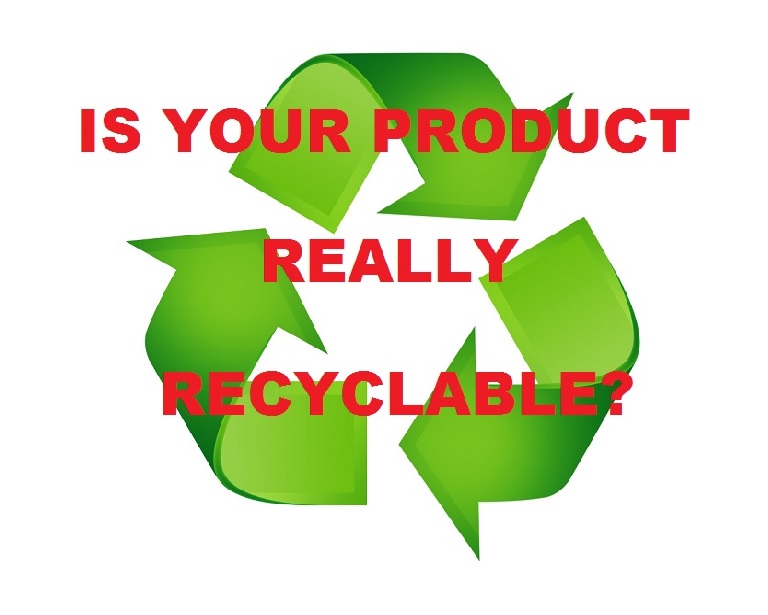Company’s Green Claims for Plastic Lumber Misleading
FTC Order Requires Firm to Have Distributors Take Down Ads With Unsupported Claims
A Wisconsin-based manufacturer of plastic lumber products has agreed to stop making allegedly unsubstantiated claims about the recycled content and recyclability of two of its brands of plastic lumber.
Under the FTC settlement, the company, N.E.W. Plastics Corp., must have credible evidence to support any recycling-related claims it makes, and is required to tell its distributors to remove any marketing material for the two products provided by the company before December 2013.
“Consumers deserve to know the truth about the products they are buying,” said Jessica Rich, Director of the Federal Trade Commission’s Bureau of Consumer Protection. “Many of them want to buy products that are environmentally friendly, but they can’t do that if they get information that’s wrong or unsupported.”
N.E.W. Plastics Corp., which also does business as Renew Plastics, is based in Luxemburg, Wisconsin, and makes plastic lumber products, including the Evolve and Trimax brands, which are used to make items such as outdoor decking and furniture. It sells the products to consumers through distributors.
In its administrative complaint, the FTC alleges that between September 2012 and March 2013, N.E.W. made false and misleading claims while promoting Evolve and Trimax. Specifically, the company claimed:
- * that Evolve products are made from 90 percent or more recycled content;
- * that Trimax products are made from mostly post-consumer recycled content; and
- * that both Evolve and Trimax are recyclable.
The proposed consent order prohibits N.E.W. from making any statements about the recycled content, post-consumer recycled content, or environmental benefits of any product or package unless they are true, not misleading, and are substantiated by competent and reliable evidence, which for some claims must be scientific evidence.
The proposed order also bars N.E.W. from making unqualified recyclable claims about any product or package, unless the product or package can be recycled in an established recycling program, and such facilities are available to at least 60 percent of consumers or communities where the product or package is sold. If N.E.W. can’t meet these requirements, it must qualify the claim regarding the availability of recycling centers. If only part of a product or package is recyclable, N.E.W. must disclose to consumers which part or portion of the product or package is recyclable.
Finally, the proposed order bars N.E.W. from providing anyone else with the means of making false, misleading, or unsubstantiated claims. The order will end in 20 years.
Information for Consumers
The FTC has new information for consumers in a blog post on its website. Also the FTC provides detailed guidance to businesses on environmental claims in its Green Guides.
To read the full article from the FTC go to http://www.ftc.gov/news-events/press-releases/2014/02/companys-green-claims-plastic-lumber-misleading

